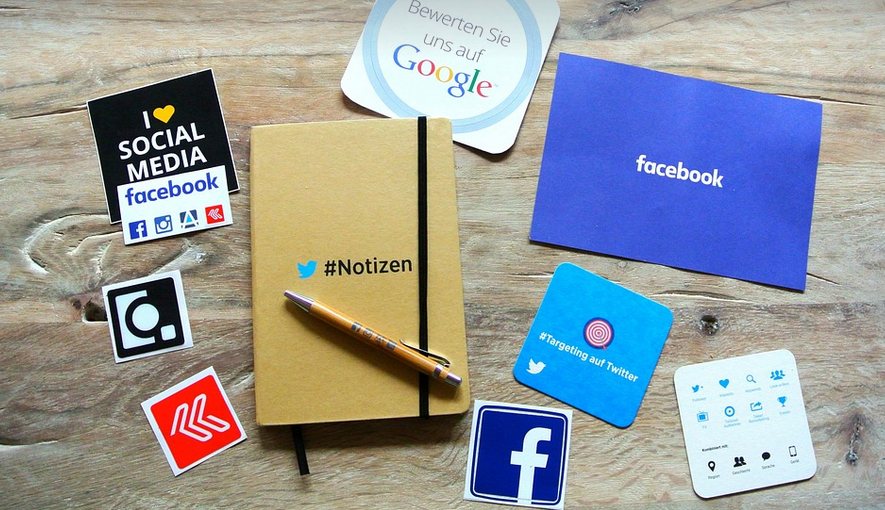Navigating the Boundaries of Islamic Dietary Laws
Energy drinks have become increasingly popular in recent years, offering a quick boost of energy and alertness. Some individuals turn to these beverages for their potent caffeine and sugar content, believing they’ll help them power through demanding tasks or long days. However, for Muslims adhering to the teachings of Islam, questions about the permissibility of energy drinks arise, especially when it comes to dietary guidelines outlined in Islamic law.
For many, understanding what is considered “haram” (forbidden) and what is permissible within Islamic dietary laws can seem complex and even ambiguous. The Quran emphasizes providing sustenance that aligns with Divine guidance through a clear framework. This framework includes abstaining from harmful substances or practices that may impede physical and mental well-being.
Energy drinks contain ingredients that raise concerns for both Muslims and non-Muslims alike. Their high levels of caffeine, combined with high amounts of sugar and artificial sweeteners, can be detrimental to people’s health. These components often trigger unwanted side effects like anxiety, dehydration, rapid heart rate, and even sleep disturbances.
The potential negative impact on the body and mind is a significant factor in determining whether energy drinks are considered “haram.” Some scholars, while acknowledging their potential benefits, believe these beverages raise concerns regarding their overall effect on health due to their high sugar and caffeine content. Islam emphasizes prioritizing a healthy lifestyle that promotes well-being.
The Islamic dietary guidelines emphasize the importance of consuming food and drinks that are beneficial for the body and mind. Islam encourages individuals to seek nourishment from natural, wholesome sources. These include fruits, vegetables, grains, nuts, seeds, and water — foods and beverages that provide essential vitamins, minerals, and hydration without potential negative side effects.
The Islamic perspective on energy drinks is nuanced. The focus lies on promoting a healthy lifestyle conducive to spiritual growth and well-being. This includes abstaining from substances that may negatively impact health or disrupt the natural balance of the body. For Muslims, this focus often extends beyond diet and encompasses various aspects of life, including physical activities, mental clarity and emotional well-being.
For many Muslim communities, energy drinks are viewed with caution due to their potential for causing harm. These beverages may be seen as a distraction from the importance of prayer, reflection, and connection with the divine. Islam emphasizes living a balanced life that prioritizes spiritual growth and physical well-being, and these factors play a role in determining whether or not energy drinks are considered “haram” by an individual.
While energy drinks often lack the nutritional value associated with traditional Islamic dietary guidelines, some individuals may choose to consume them occasionally as part of their daily routines. However, it is important to remember that moderation and mindful consumption are encouraged, especially in a context where long-term physical health is maintained and spiritual well-being is prioritized.
This discussion about energy drinks being “haram” touches upon the broader theme of Islamic dietary laws and their principles. These principles encompass various aspects of life, such as abstaining from harmful substances that may negatively impact one’s health and well-being. This includes a focus on providing sustenance that aligns with the teachings of Islam through a clear framework.
It is important to note that Islamic perspectives differ within communities and individuals might hold varying interpretations regarding energy drinks and other dietary matters. This means it’s always best to consult your trusted religious leader or scholar who can provide guidance tailored to your personal circumstances.


